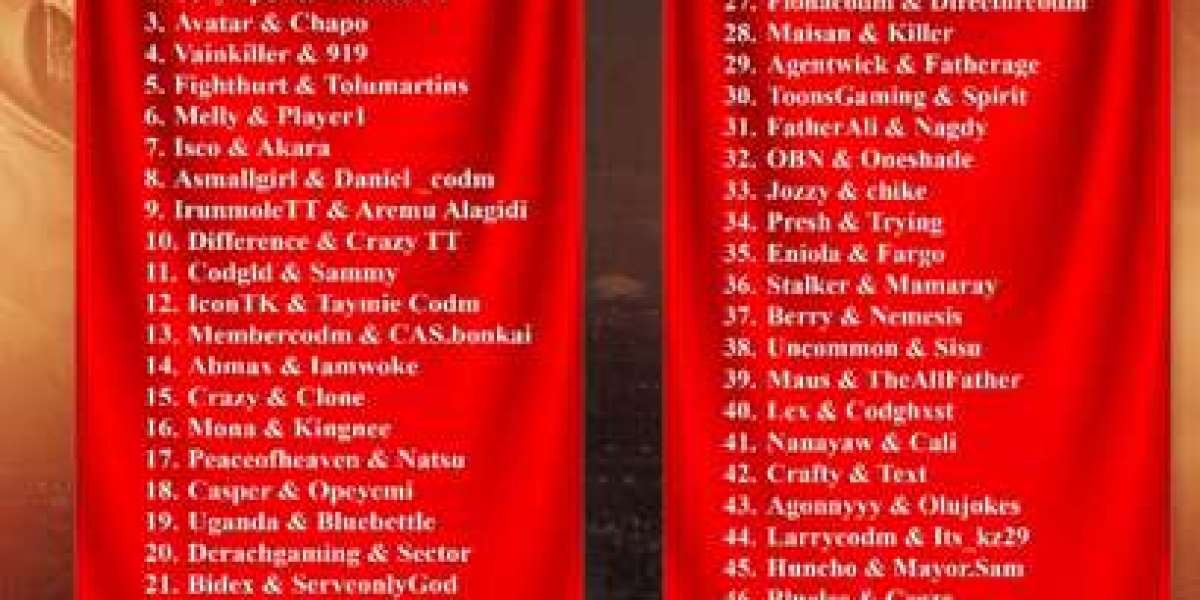For many B.Com graduates, the first major career decision post-college is whether to pursue CMA (Certified Management Accountant) or MBA (Master of Business Administration). Both courses offer excellent opportunities, but they serve very different professional purposes.
So how do you decide which one is right for you? The answer lies in understanding your career goals, learning preferences, and the market value of each credential.
Let’s do a professional, point-by-point breakdown of CMA vs MBA.
1. Objective: Specialist vs Generalist
CMA is a specialized certification focused on management accounting, cost control, budgeting, and strategic finance. It’s ideal for professionals who want to work in finance departments, FP&A teams, or pursue roles like Cost Accountant, Financial Analyst, or eventually CFO.
MBA, on the other hand, is a broad-based business degree. It covers finance, marketing, HR, operations, strategy, and leadership. It suits individuals who want to become business managers, entrepreneurs, consultants, or rise to C-suite roles across departments.
✔ Verdict: If you’re certain about a finance-focused career, go for CMA. If you want a multi-domain, leadership-oriented path, MBA fits better.
2. Duration: How Fast Can You Get Certified?
- CMA (U.S.): 6–12 months (with consistent preparation).
- MBA: 2 years (full-time). Some global MBAs are 1 year but intensive and expensive.
✔ Verdict: CMA is ideal for those who want a faster entry into the workforce or prefer part-time study while working.
3. Investment: Cost vs Return
- CMA: Approx. ₹1.5–2.5 lakhs (including study material, exam fees, and IMA membership).
- MBA: ₹5–25+ lakhs (depending on college tier and location). Top B-schools charge more.
✔ Verdict: CMA offers a higher ROI with lower upfront investment. MBA is riskier unless you get into a Tier-1 B-school.
4. Entry Requirements
CMA doesn’t require entrance exams (except for basic eligibility). You can start right after B.Com and appear for the exams when ready.
MBA typically requires clearing CAT, GMAT, XAT, or MAT, followed by interviews and group discussions—especially for top institutes.
✔ Verdict: CMA is easier to get started with. MBA requires competitive preparation just to gain admission.
5. Job Roles & Career Path
CMA Job Profiles:
- Cost Accountant
- Budget Analyst
- Financial Controller
- Internal Auditor
- FP&A Analyst
- CFO (with experience)
MBA Job Profiles:
- Product Manager
- Marketing Manager
- Business Analyst
- HR Manager
- Operations Head
- CEO/Entrepreneur
✔ Verdict: Choose CMA if you enjoy working with numbers and business strategy in finance. Choose MBA if you want variety, leadership, or plan to start your own venture.
6. Salary Expectations
Education | Average Starting Salary (India) | Growth Potential |
CMA (U.S.) | ₹6–10 LPA | Up to ₹30+ LPA (with 5–8 yrs exp.) |
MBA (Tier-1) | ₹20–30 LPA | ₹50 LPA+ in top firms |
MBA (Tier-2/3) | ₹4–8 LPA | ₹10–15 LPA after 5 years |
✔ Verdict: MBA can be more lucrative—but only from top institutes. CMA provides steady growth and is less dependent on the institute brand.
7. Global Opportunities
- CMA (U.S.) is recognized in 100+ countries and highly valued in the USA, UAE, Canada, and Europe.
- MBA recognition varies based on the institute. Harvard, INSEAD, and IIMs carry global weight. Others? Not always.
✔ Verdict: If international mobility is your goal and you're not attending a global B-school, CMA may be the more globally portable qualification.
8. Flexibility & Study Style
- CMA allows self-paced study while working a job.
- MBA requires full-time commitment (unless you do part-time or executive MBA after work experience).
✔ Verdict: CMA is more suitable for working professionals or those looking to study and earn simultaneously.
9. Competition & Risk Factor
MBA admissions, jobs, and salary are highly competitive and brand-dependent. A mediocre MBA often results in poor ROI.
CMA, however, is still less saturated and more skill-based. If you pass the exams, your skill is your ticket—not the name of your institute.
✔ Verdict: CMA is lower-risk and skill-centric. MBA is high-reward but high-risk unless done from a top B-school.
10. Long-Term Vision: Where Do You See Yourself?
- Want to be a CFO, FP&A Head, or Finance Director? → Go for CMA.
- Dreaming of becoming a CEO, Marketing Head, or Founder? → MBA is your path.
Can You Combine Both?
Absolutely. Many professionals start with CMA to build technical finance expertise, and pursue an MBA later for leadership roles. This combination is especially powerful in senior positions.
Alternatively, MBAs can add CMA to boost their finance credentials.
Final Thoughts: Which Is the Best Course After B.Com?
There is no one-size-fits-all answer. Here’s a quick decision guide:
If you… | Choose… |
Want to specialize in finance | CMA |
Prefer fast-track certification | CMA |
Are budget-conscious | CMA |
Aspire for general management or business roles | MBA |
Want to lead companies or start one | MBA |
Got into a top B-school | MBA |
Want a low-risk, global credential | CMA |
Your career is a long-term investment. Choose the qualification that aligns with your strengths, your budget, and your vision—not just the trend.



